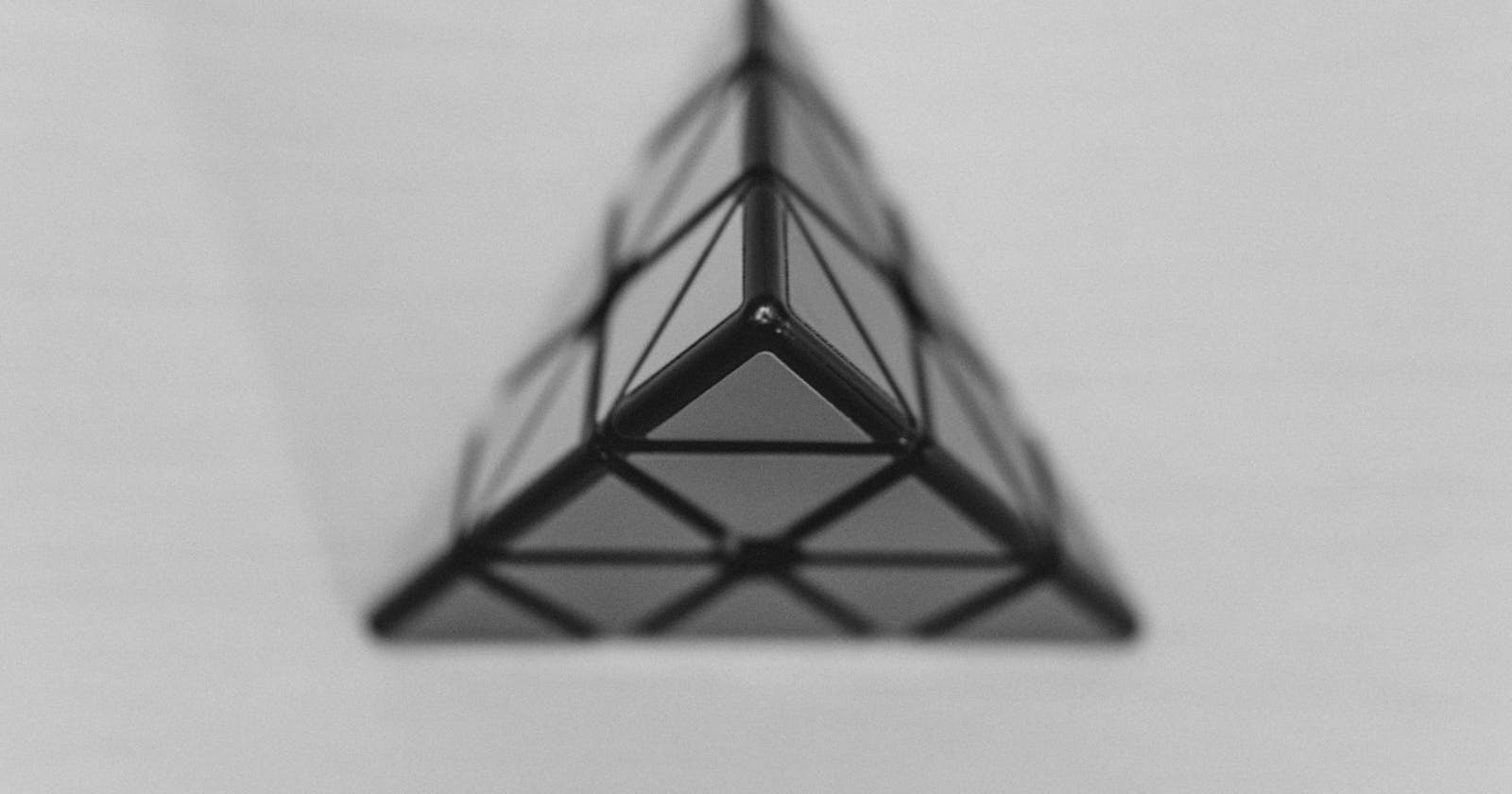Have you ever consciously thought which hand do you brush with? No, right. It is the HABIT, you've formed over time, subconsciously making the decision for you. Habits are powerful and sensitive, they drive your life in the majority. Regardless of whether you are willing to acknowledge it or not.
In this series, I'll mention the key takeaways from the books📚 I read. The intention behind this is to impart knowledge behind the book in short bytes of content. Read-on-the-go content. Let's get going. 🏁
| Property | Value |
| Book | The Power of Habit - Why We Do What We Do, and How to Change |
| Author | Charles Duhigg |
| Key Takeaway | Habits are ingrained in your lives and are highly unnoticeable but still drive your life in the majority. How to change Habits. |
| My Rating | ⭐️⭐️⭐️⭐️⭐️ |
| Genre | Self-help, Mind & Body, Human Psychology |
| Hours Spent | 13 |
💡I've tried to keep it simple by creating my own set of notes. But some of the text mentioned here is directly from the source (the book).
Key Highlights✍️
There are four major takeaways from this book. Let's go through one at a time.
1. What are Habits?
2. Keystone Habits and the 'Ripple Effect'
3. Crisis - With a positive outlook
4. How to change Habits?
What are Habits?
- Habits - Actions that occur right after seeing a trigger point. These are subconscious for a reason - being sub-conscious takes less memory computation.
- Habits contain 4 different contributors📍
- Cue -> Trigger point
- Routine -> Activates stimuli to complete a sequence of steps
- Reward -> Outcome / Feeling of accomplishment
- Craving -> Driving force to do the routine when you see a cue
- Structure of the brain and its functionalities in terms of Habits
- Hippocampus - Memories
- Outer Brain - Evolutionary habits, Innovation, and Thinking
- Inner Brain - Habits (Basal Ganglia)
- There is usually higher brain activity until a habit is formed. Once a habit is formed, peaks of energy consumption are while the cue is triggered to check whether it is the right cue, and while there is a reward gained.
- Habits and patterns always stay in mind and are very sensitive.
- Overriding them or habituating to ignore them is the only way to change habits
- Companies like Pepsodent & Febreeze relied on craving and end reward to market their products.
Keystone Habits and the ❛Ripple Effect❜
- Keystone habits 📍- Small wins are important, they ripple or bleed the changes into your behavior and extend into other habits. Ex - Working out, Cleaning the house.
- Keystone habits encourage change by creating a convivial atmosphere. Ex - Grit in an Army Camp
- Visualizing mentally, deciding virtually help you decide faster and better in an unexpected situation.
- Michael Phelps, the legendary swimmer, practiced this technique. It helped him tackle unexpected situations better. Like when he was in the middle of a race when he was not able to see the track as water flooded his eyewear. Since he has already practiced the situation, he was able to hold his nerves, and still win the race.
- And as always, if you can get the small things right, you could get the big things right!
- Will power isn't a skill📍. It is a virtual muscle that must be conserved and used when required. Once trained it spills into other aspects of life. So forcing yourself into things makes you better and self-disciplined
- To make willpower a habit, define inflection points and how do you plan to tackle them in advance, and when they appear just follow your routine
- Inflection points -> A certain point at which you procrastinate or stop doing the work you deemed to do.
- Firms are guided by habits that emerge from employees. Routines reduce uncertainty
Crisis
- Crisis📍 creates an opportunity to change your habits that are otherwise tough to change.
- Movements/Revolutions happen cause of three things Close Friends, Peer Pressure (weak relations), and imparting new habits with a sense of ownership which can be imparted through a philosophy or religion.
- Most of the habits are controllable except a few where the stages are hard to find
Procedure to Habit Change🪜
- The golden rule of habit change is to first identify the cue, routine, and reward by experimenting with things. Then introduce a new routine by keeping the cue and reward the same.
- Steps:
- Identify Routine: What habit do you want to change?
- Experiment with Rewards: Try various reward techniques and see what works for you
- Have a plan to change the routine
- Isolate Cue: Check what is the trigger point and consciously replace the routine with newly planned routine.
Support groups and belief increases the chance of changing habits. Adversities and experiences usually throw you back into the old habits.
Thoughts & Experience🥁
- The book was quite interesting. It was engaging right from the beginning. But in the end, especially the Movements chapter got a little dull. But apart from that, the experience and insights gained from this were awesome.
- It gave some new insights in terms of Habits. Now, I look at things happening and I know at the back of my mind that it was a Habit and I did not notice it until now. It was concealed even though it was right in front of my face or was obvious.
Exercises from the Novel - What have I learned?😎
- Lots of habits changed, and a few of them are still in the process.
- How a crisis can be viewed from a positive outlook/mindset.
- My 100 days of coding challenge
- Forcing myself to things that I know are useful in the long term
- Not procrastinating on stuff that matters
- Creating or actively working towards increasing opportunities
- Seeking a little bit of discomfort in terms of socializing.
- And yes, reading a book.
If you have reached so far reading, and like what you've read. Spread the love ❤️ , react👍 , and comment💬!
Until next time! Good day and Cheers 😎

